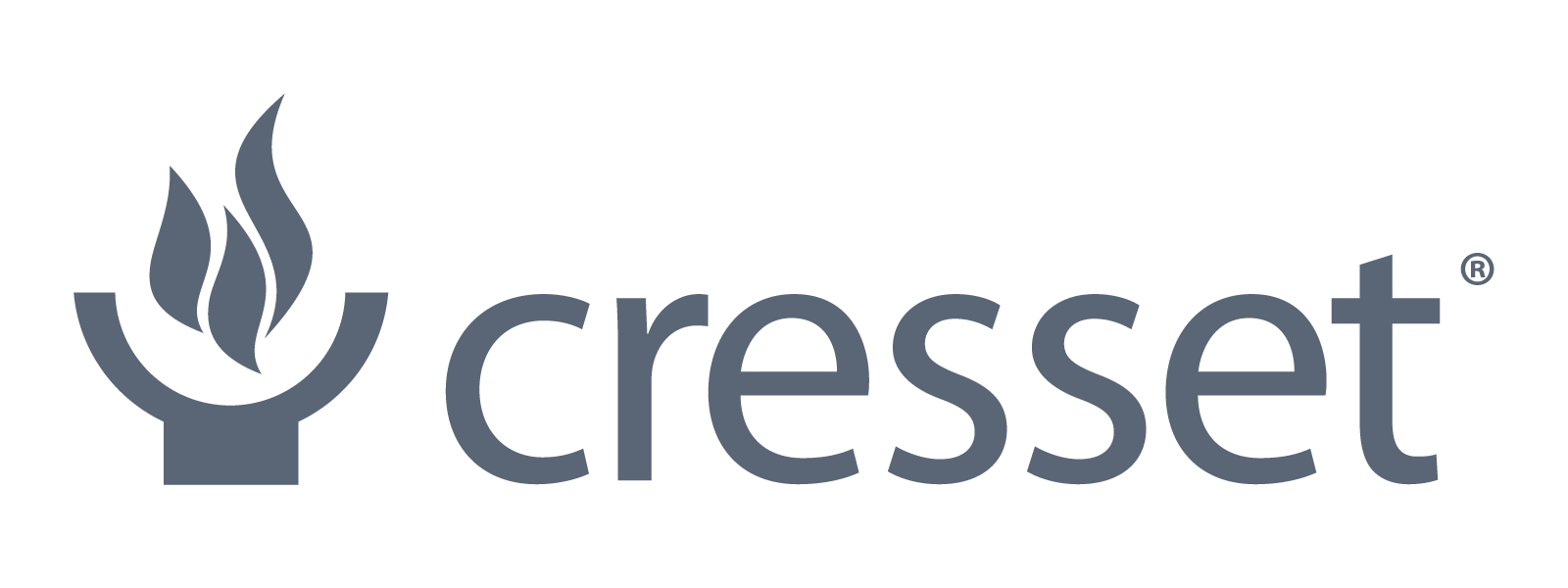3 October - 4 October 2023
What Drug Hunters need to know about Computational Chemistry
Organised by:
SCI’s Young Chemists’ Panel
SCI, London, UK
Registration Closed
This event is no longer available for registration.
Synopsis
The ability to exploit information through computational chemistry is vital for any modern drug hunter wishing to develop a therapeutic more efficiently and effectively. This new meeting will focus on conceptual understanding of key topics, from basic theory to applied case studies. Topics range from cheminformatics and model building to computational-driven drug design and structural understanding.
Experienced speakers from academia and leading pharmaceutical companies will deliver informative lectures with emphasis on Q&A and other interactive elements to maximise learning opportunities.
Attendees
This event is intended for any drug hunters in academia or industry who would like to expand their understanding of computational techniques. It will also be of interest for those who would like to know more about how computational chemistry is applied in drug discovery.
Speakers
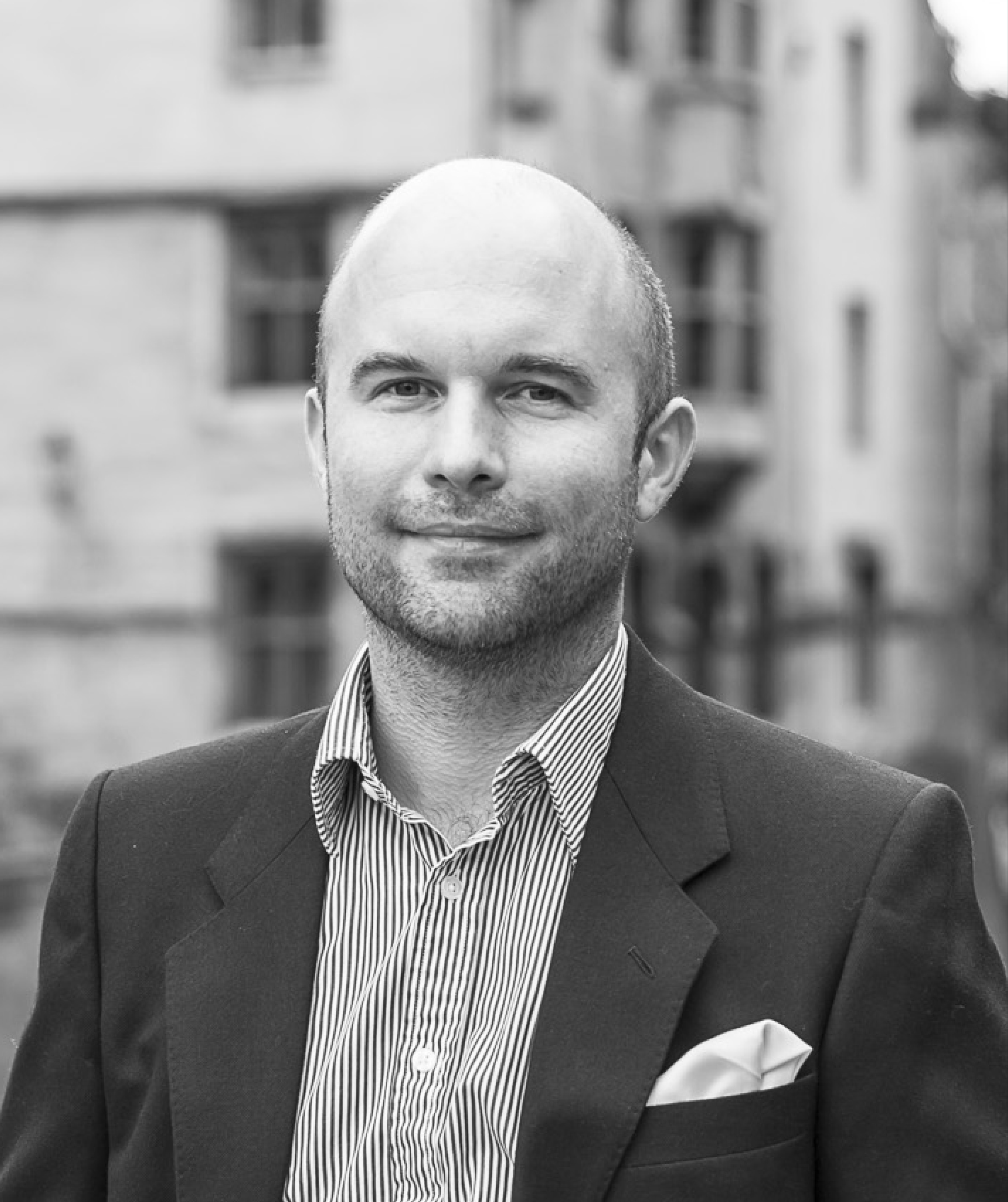
Andreas Bender
University of Cambridge
Dr Andreas Bender is a Professor for Molecular Informatics at Cambridge University, working on data analysis methods related to compound safety and efficacy, and Chief Technology & Informatics Officer (CITO) at PangeAI, part of Pangea Botanica, based in London/UK and Berlin/Germany. Previously he was a Director for Digital Life Sciences at Nuvisan in Berlin, as well as as an Associate Director for Data Science and AI in the Clinical Pharmacology & Safety Sciences group at AstraZeneca. On the entrepreneurial side, Andreas was involved in setting up Healx Ltd. (for data-driven drug repurposing) and PharmEnable Ltd. (for designing novel chemistry for targets that are difficult to drug conventially), both based in Cambridge/UK. He received his PhD from the University of Cambridge and worked in the Lead Discovery Informatics group at Novartis in Cambridge/MA as well as at Leiden University in the Netherlands before his current post.
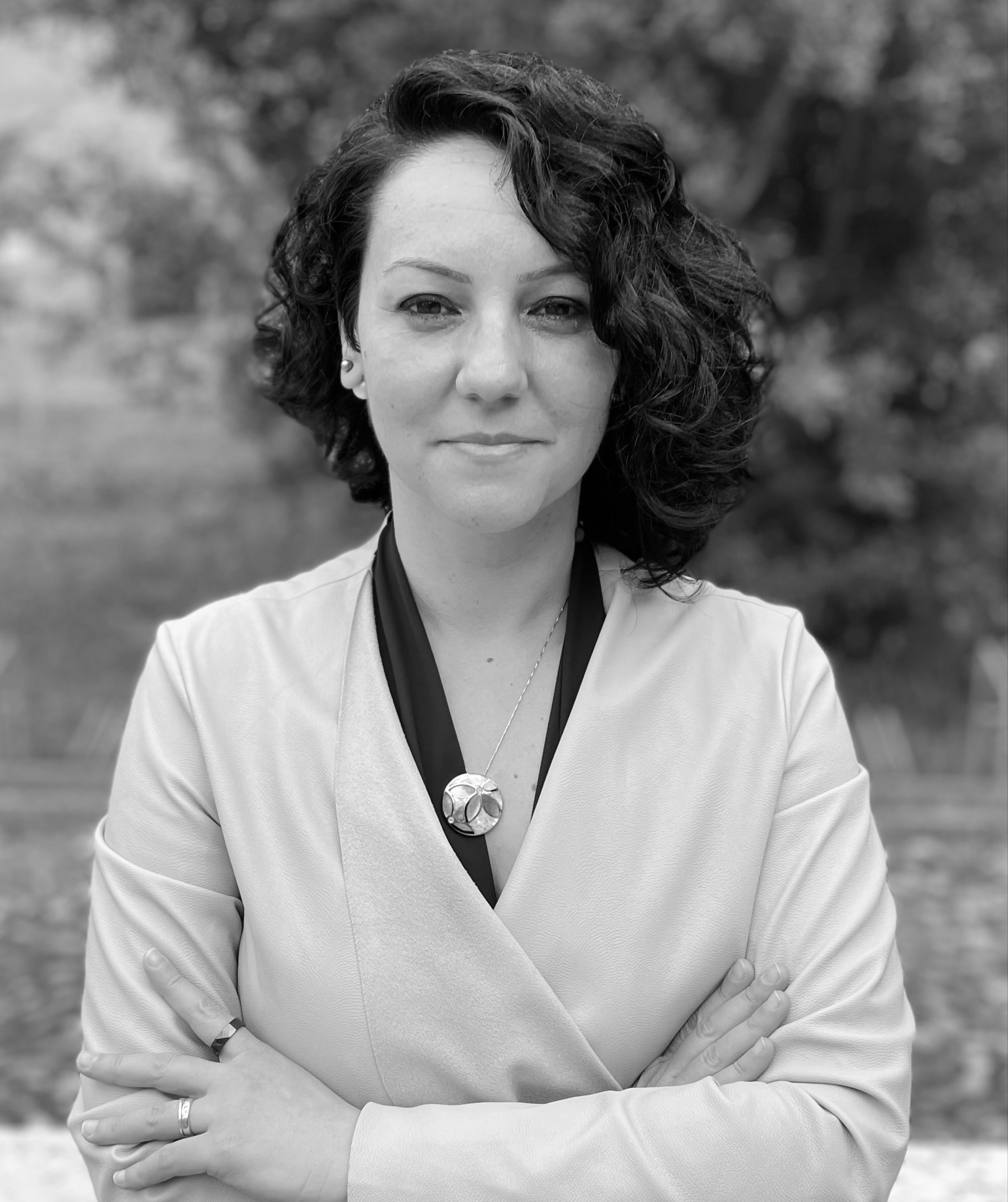
Antonella Ciancetta
University of Ferrara
Antonella Ciancetta, PhD FHEA, is Assistant Professor of Medicinal Chemistry at the University of Ferrara (Italy). She devoted her career to the development and application of computational tools to study systems of pharmaceutical interest with a special focus on G protein coupled receptors. She specialised in structure-based drug design techniques and developed automatized pipelines, that she applied to speed up drug discovery in higher education, public health, and industry settings. She is member of the Early Career Board of the Journal of Medicinal Chemistry and recipient of the “Premio Divisione di Chimica Farmaceutica 2023” awarded by the Italian Chemical Society.
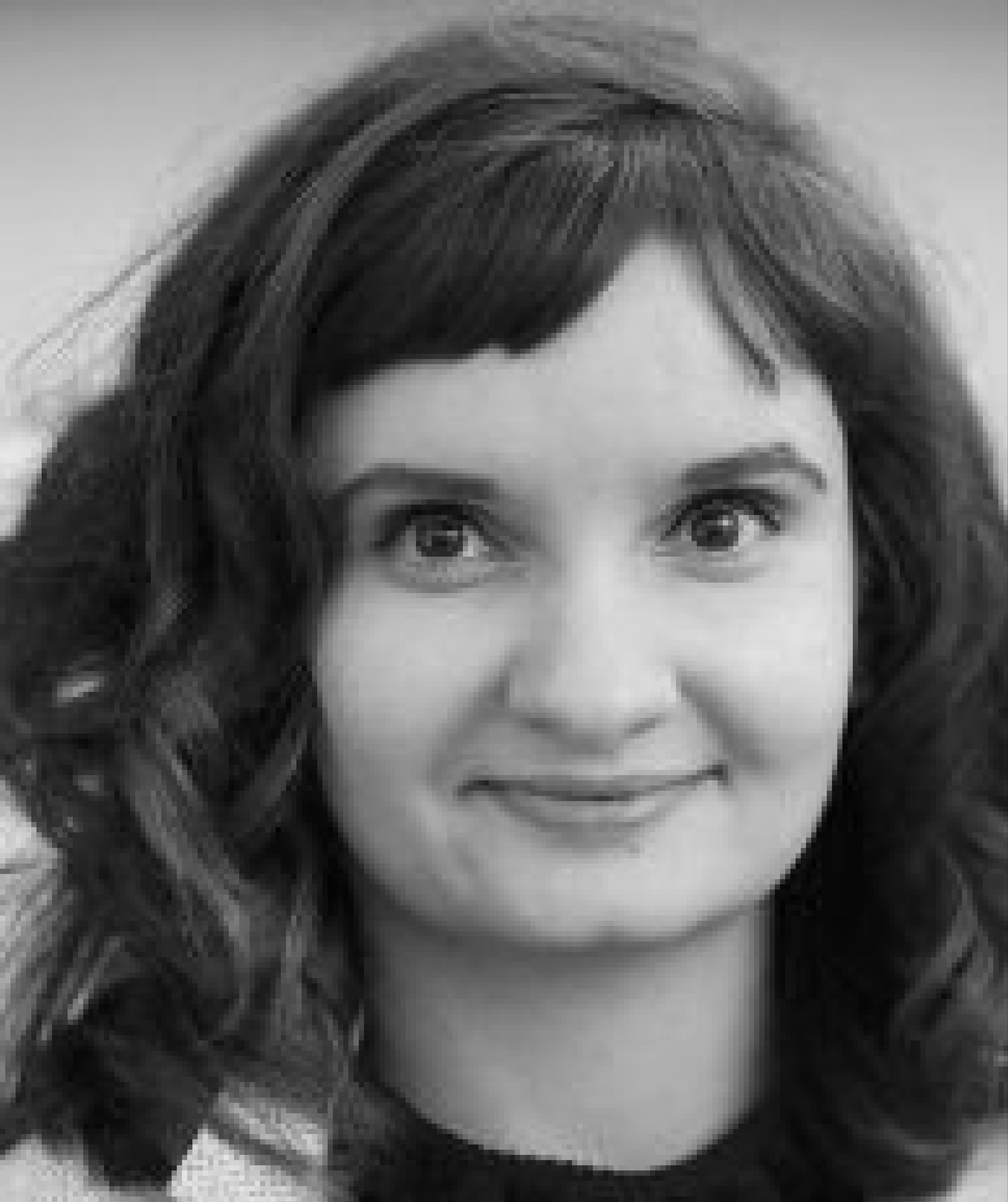
Antonia Mey
University of Edinburgh
Antonia (Toni) Mey obtained a BSc from Keele University in Physics with Chemistry and a PhD in Physics from the University of Nottingham working with Prof. Juan Garrahan. Her main research interests lie in the field of computational biophysics and molecular modelling. She has contributed both to algorithmic development and application-driven problems trying to understand how proteins function and how they can be regulated to fight disease. She uses both molecular simulations and machine learning to gain insights into protein dynamics and modulation looking with a particular focus on antimicrobial resistance and neurodegenerative diseases. Antonia is an Editor of the Living Journal of Molecular Sciences and the Journal of Open Source Software promoting Dimond open access publication styles. As a freelance project manager with Imaginary (imaginary.org) since 2014, she has been promoting mathematics outreach around the world through exhibitions and workshops, including most recently giving a talk on AI at the Heidelberg Laureate Forum in 2022.

David Clark
Charles River
Dr. David E. Clark is a Senior Research Leader in Computer-aided Drug Design (CADD) at Charles River Early Discovery, having been a founding scientific member of Argenta (acquired by CRL in 2014) in August 2000. David began his career working for Proteus Molecular Design for three years where he was involved in developing software for de novo ligand design and protein-ligand docking. He then spent four years working in the CADD group of Aventis/Rhône-Poulenc Rorer before joining Argenta. David is a graduate of the University of Oxford where he studied chemistry. His post-graduate studies (MSc, PhD) were carried out in the Department of Information Studies at University of Sheffield under the supervision of Professor Peter Willett. In 2003, David was the recipient of the Corwin Hansch award, which is presented annually to a researcher under the age of 40 for significant contributions to the field of computational drug design. Over the course of his career, David has co-authored more than 70 scientific papers and is named as an inventor on over 40 patents.
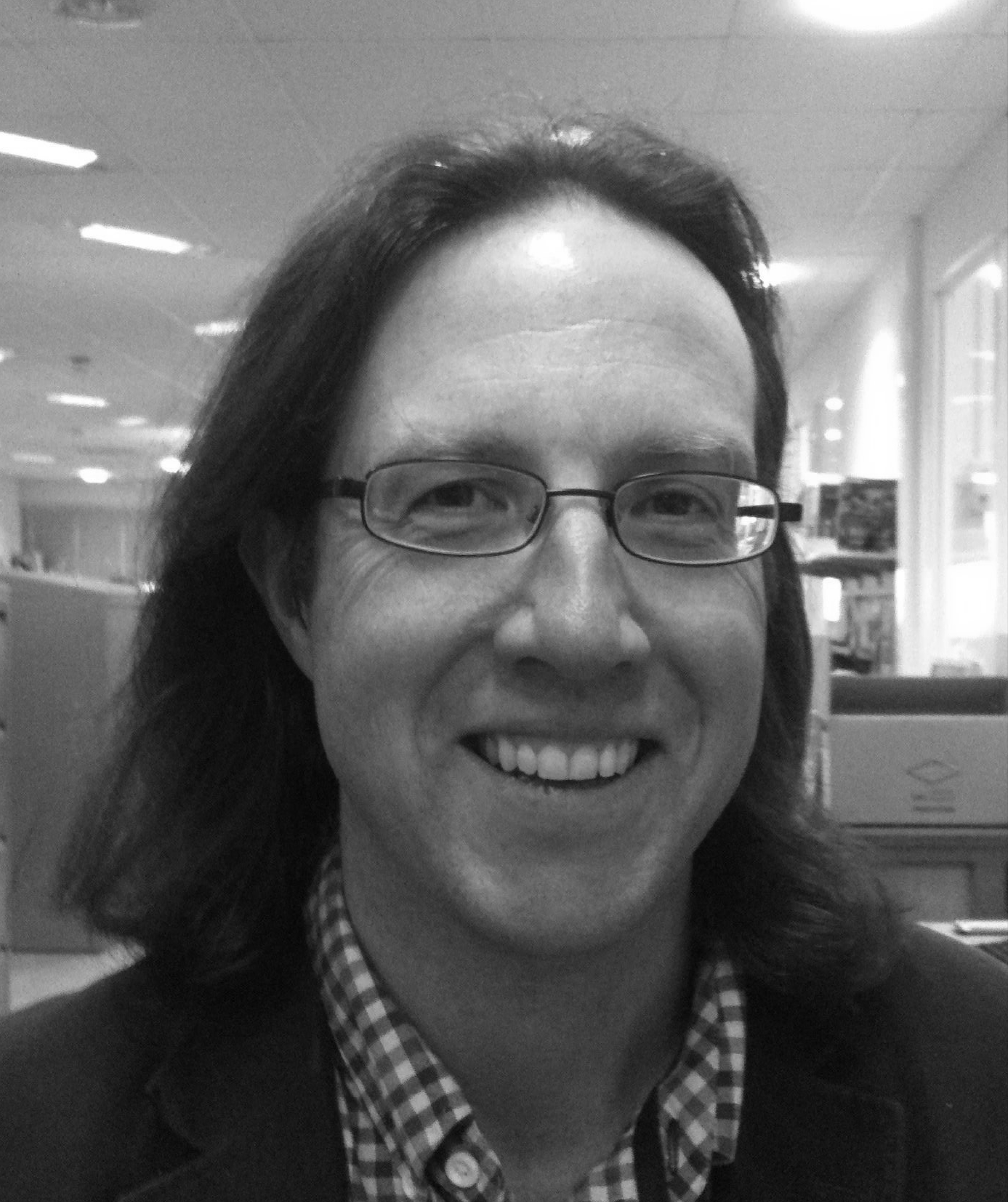
Dr Alexander (Al) G. Dossetter
MedChemica
In 2012 Dr Al Dossetter co-founded MedChemica Limited centred around the technology of Matched Molecular Pair Analysis (MMPA) as a method of accelerating medicinal chemistry. MedChemica now licenses a suite of Artificial Intelligence databases, and tools on-line, for organisations to extract and share knowledge from their own data. The software and methodologies have been used by chemists in many pharmaceutical companies, universities and bio-techs to accelerate drug discovery programmes. Extending the methodology enabled MedChemica Limited to share medicinal chemistry knowledge between the research branches of AstraZeneca, Hoffman La Roche and Genentech. In addition, MedChemica offers consultancy services on drug discovery project and Al has helped multiple projects achieve their goals. Previous to MedChemica Al gained his PhD from Nottingham University and after post-doctoral research at Harvard University joined AstraZeneca (AZ). He spent 13 years in medicinal chemistry spread across oncology (hormonal and kinase inhibitors), inflammation (OA and RA, enzyme inhibitors and GPCR targets) and diabetes (obesity, GPCR and enzyme inhibitors), delivering multiple projects and candidate drugs.
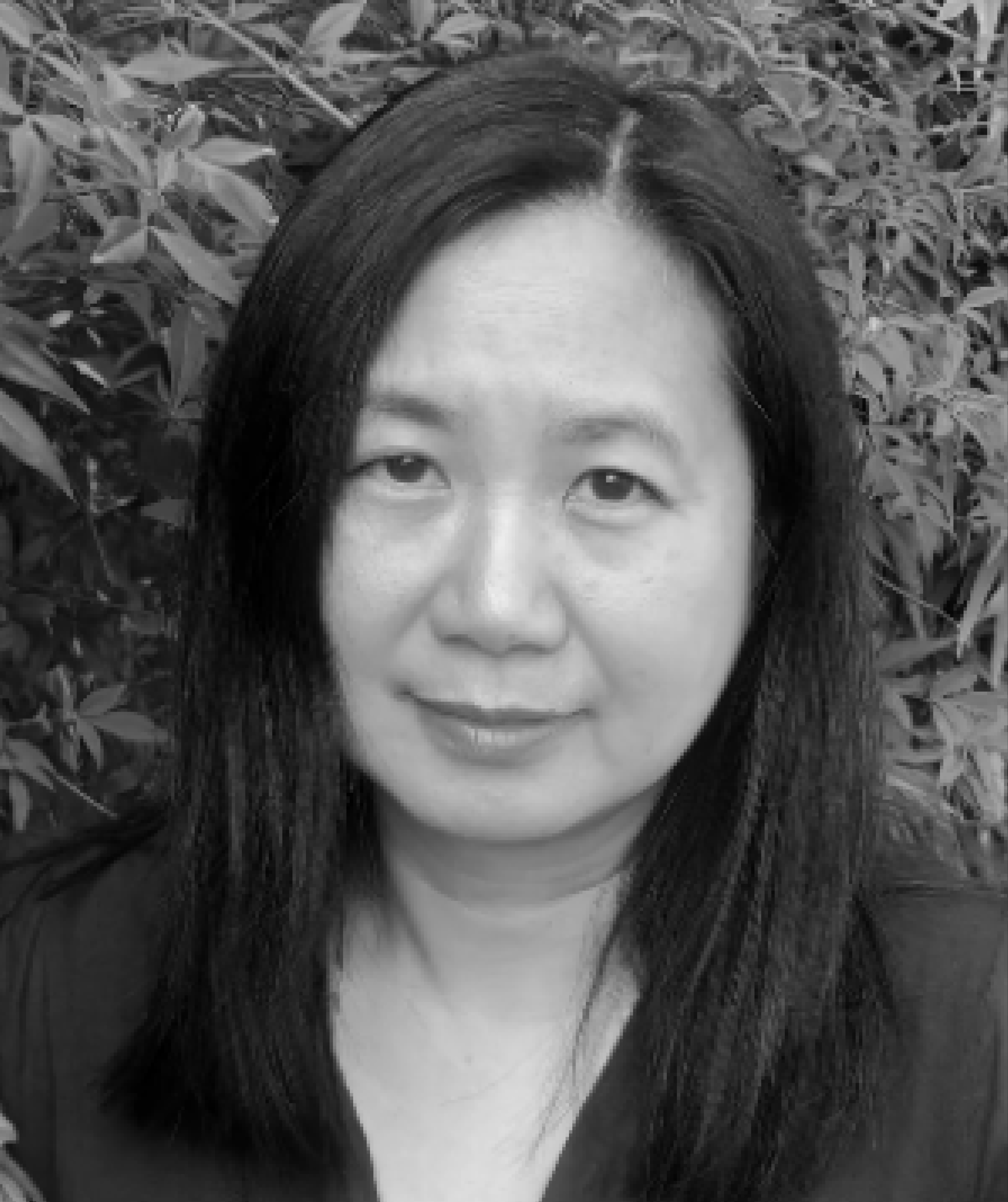
Edith Chan
UCL
Prof Chan has over 17 years pharmaceutical and biotech experiences in the area of molecular modeling, cheminformatics, structure/ligand-based drug design, and bio-computing. She worked in big pharma and biotech, which involved all spectrum of drug discovery programs. She joined UCL in 2009 and her research is focused on computational drug design.
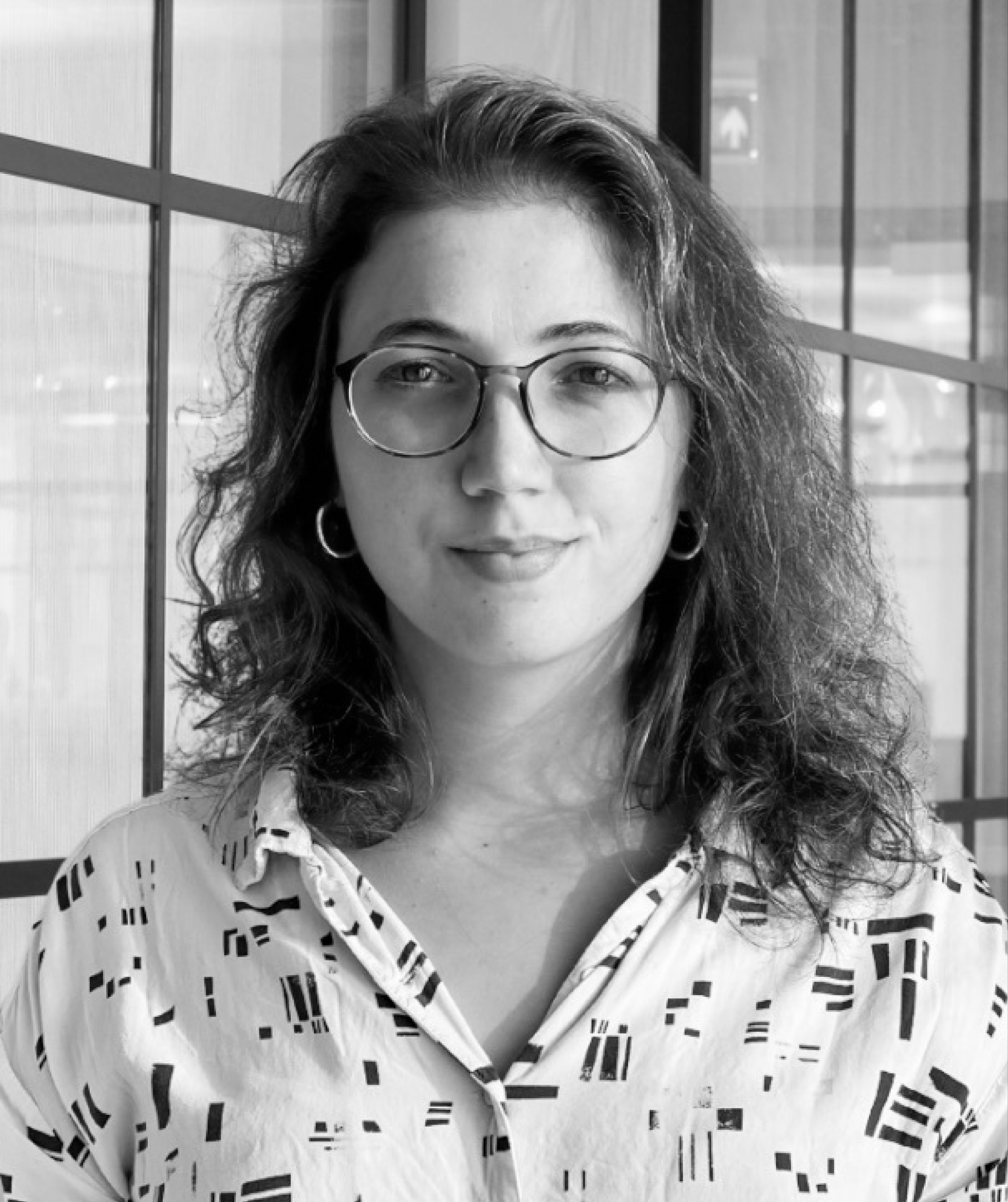
Francesca Vianello
Exscientia
Francesca joined the Structural Bioinformatics Team at Exscientia after completing her PhD at Imperial College London, where she focused on applying network science methods to develop efficient representations of protein structure and function. During her PhD, she also spent some time at MIT to study activation mechanisms in anti-apoptotic proteins. At Exscientia she’s worked on computational method development in several teams, including target assessment, kinase-specific design and protein structure preparation.
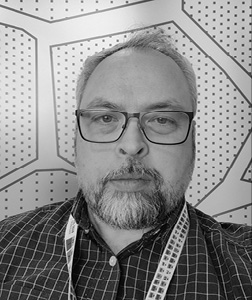
Graeme Robb
AstraZeneca
Graeme Robb is a director within Oncology R&D at AstraZeneca. He has more than 20 years of experience working in drug design and contributed to the discovery of several clinical candidates for a range of diseases, including diabetes, obesity and cancer. Graeme now leads a team of computational chemists and AI scientists, looking to develop and apply novel computational and AI methodologies to accelerate drug discovery. Before joining AstraZeneca, Graeme completed a Masters and Ph.D. at the University of Edinburgh.

Jason Cole
CCDC
Dr. Jason C. Cole has worked at the Cambridge Crystallographic Data Centre for more than 28 years. Early in his career he was central to the development and commercialisation of the popular docking program GOLD. He has been part of and led teams in the development of other drug-discovery relevant software including methods for conformer generation, advanced data mining of both the CSD and the PDB, and more recently in drug development, looking into data-driven methods for identification of plausible crystal structures. For several years, Jason was part of the CCDC’s executive leadership team, but more recently he has stepped back into scientific research as the Senior Research Fellow at CCDC. He works with and advises all the science teams at CCDC in this role.
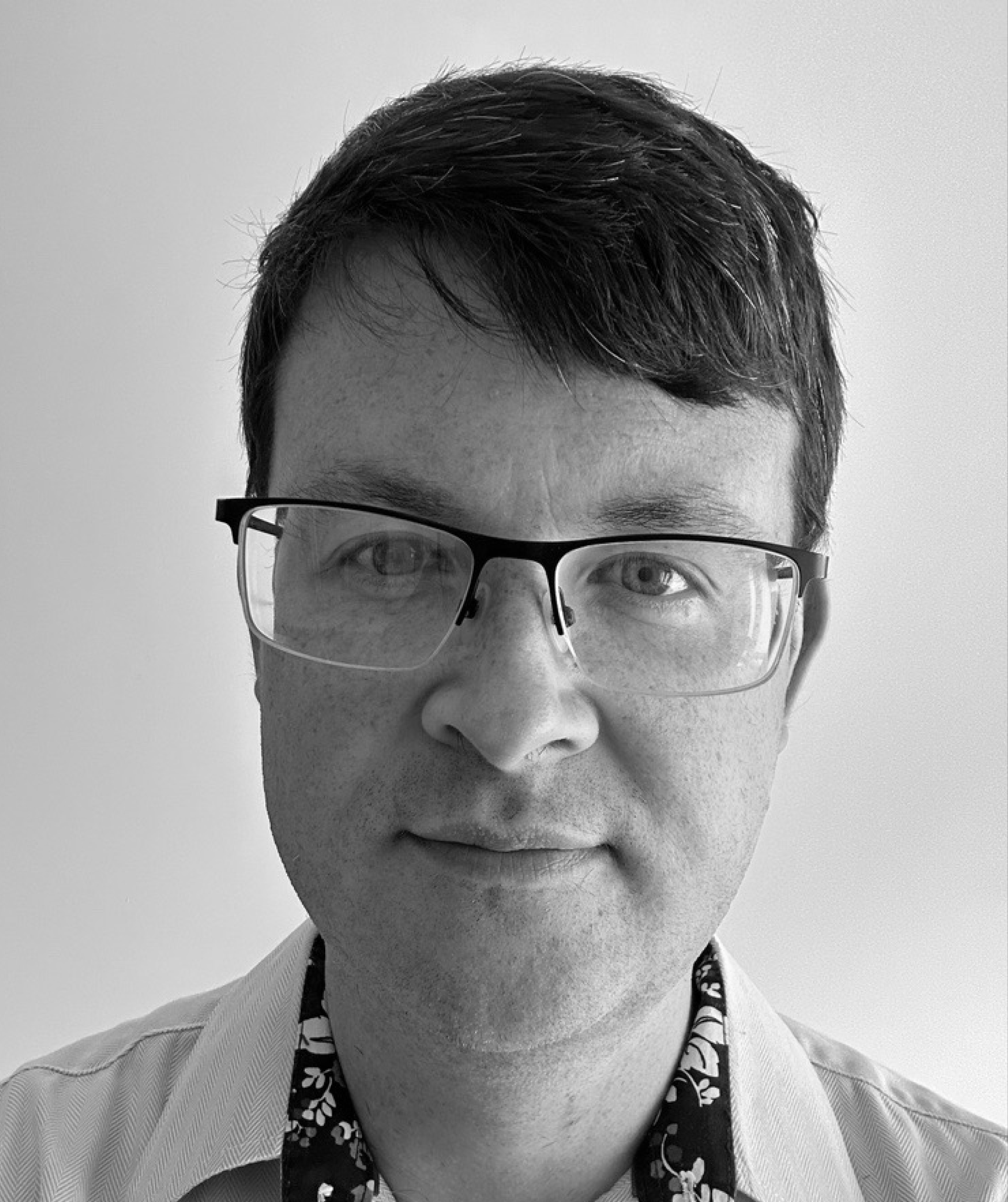
Lewis Vidler
Eli Lilly
Dr Lewis Vidler is a Senior Director of SBDD at Lilly. He achieved a first class chemistry degree at the University of Oxford in 2009 and a PhD in computational medicinal chemistry at the Institute of Cancer research in London in 2013. He joined Lilly that year and was there until 2020, primarily working on medicinal chemistry projects. He’s had stints at UCB and Amphista Therapeutics before returning to Lilly earlier this year. His interests are in transforming medicinal chemistry through the use of computational tools.
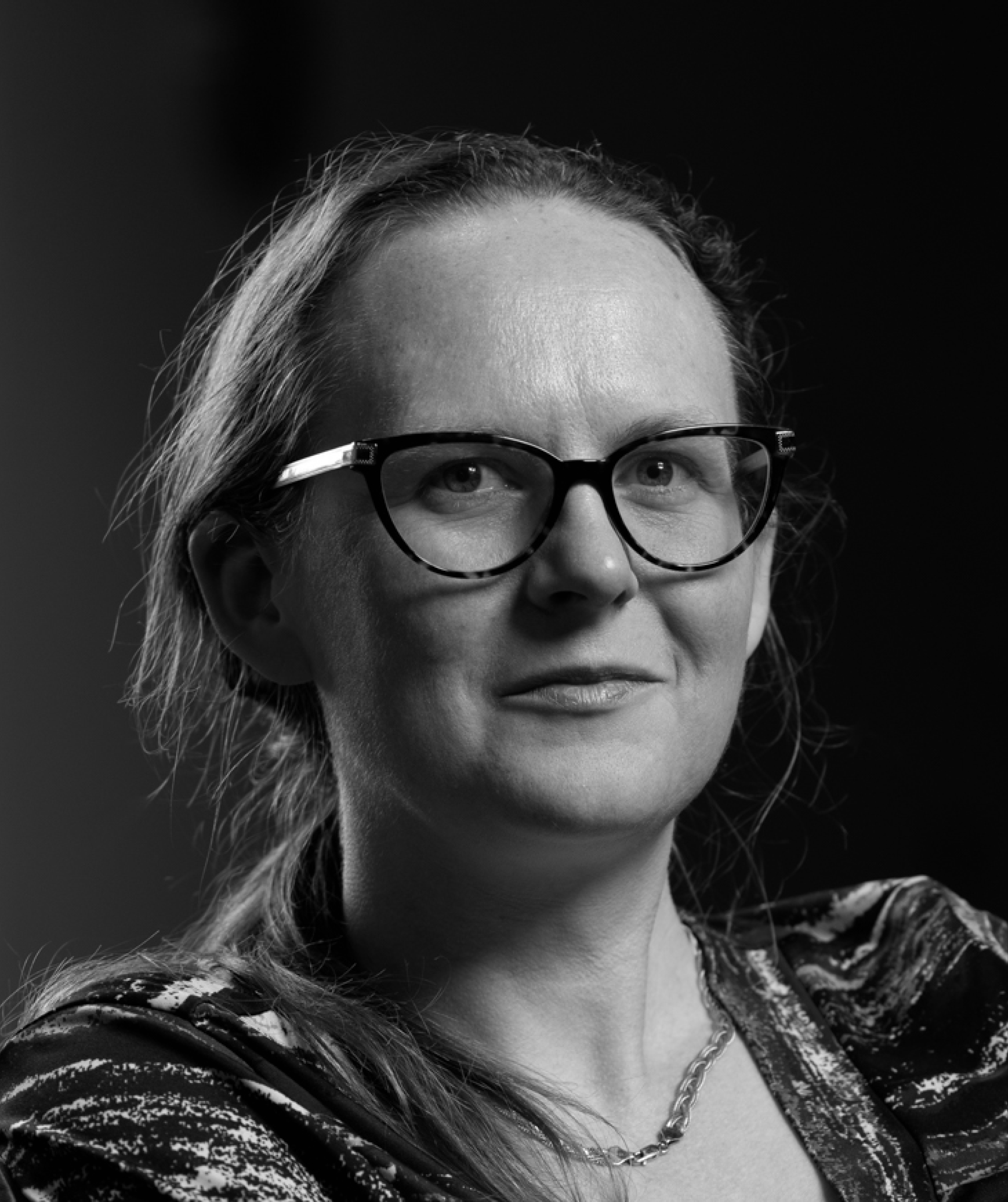
Louise Birch
Sygnature Discovery
As a computational chemist and project leader with 17 years of experience in Pharma (Eisai) and CROs (De Novo Pharmaceuticals, BioFocus/Charles River, Sygnature Discovery), Louise has extensive experience across discovery phases from hit identification to lead optimisation and candidate selection. She also led a multidisciplinary team, taking a project from gene to clinical trials (STP938). Her current focus is the analysis of HTS (real and virtual) and library design. Louise was awarded a PhD in Biological Chemistry by the University of Cambridge and is currently Associate Director of Computational Chemistry and Informatics at Sygnature Discovery.
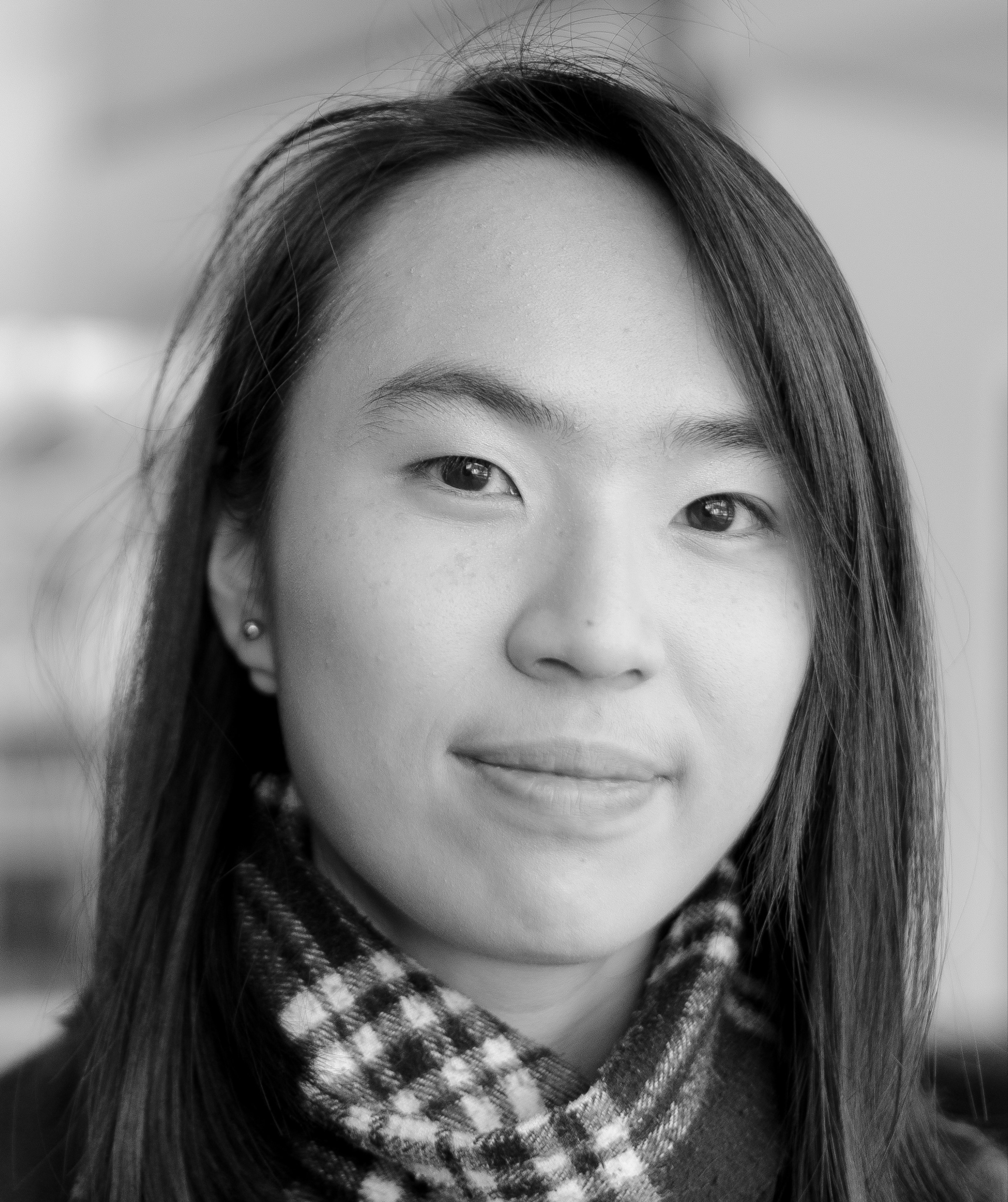
Mabel Wong
UCB
Mabel graduated with a MBiochem degree from the University of Oxford. She then pursued her PhD at the University of Southampton with Professor Jonathan Essex, developing a molecular simulation protocol for antibody-antigen complexes. Mabel then joined UCB, where she currently works as part of the CADD team, supporting therapeutic projects through development and application of computational antibody design technologies.

Stephen St Gallay
MSD
I graduated from the University of Manchester in 1991 with a BSc in Chemistry and Physics, followed by a PhD in Computational and Theoretical Chemistry, sponsored by SmithKline Beecham’s, also at Manchester. I joined Boots Pharmaceuticals in 1994 (later Knoll Pharmaceuticals, BASF) in the computational chemistry group in Nottingham, before joining Astra in 1998, at the Charnwood site, (before it became AstraZeneca). After 12 years in Respiratory and Inflammation, I moved to Alderley Park into the oncology group, and was part of the transition to Cambridge as a Team Leader, before joining the CRO company, Sygnature, in 2017 as a Principal Scientist, working with a variety of clients. I joined MSD in 2020 in London, working on Diseases Related to Aging.
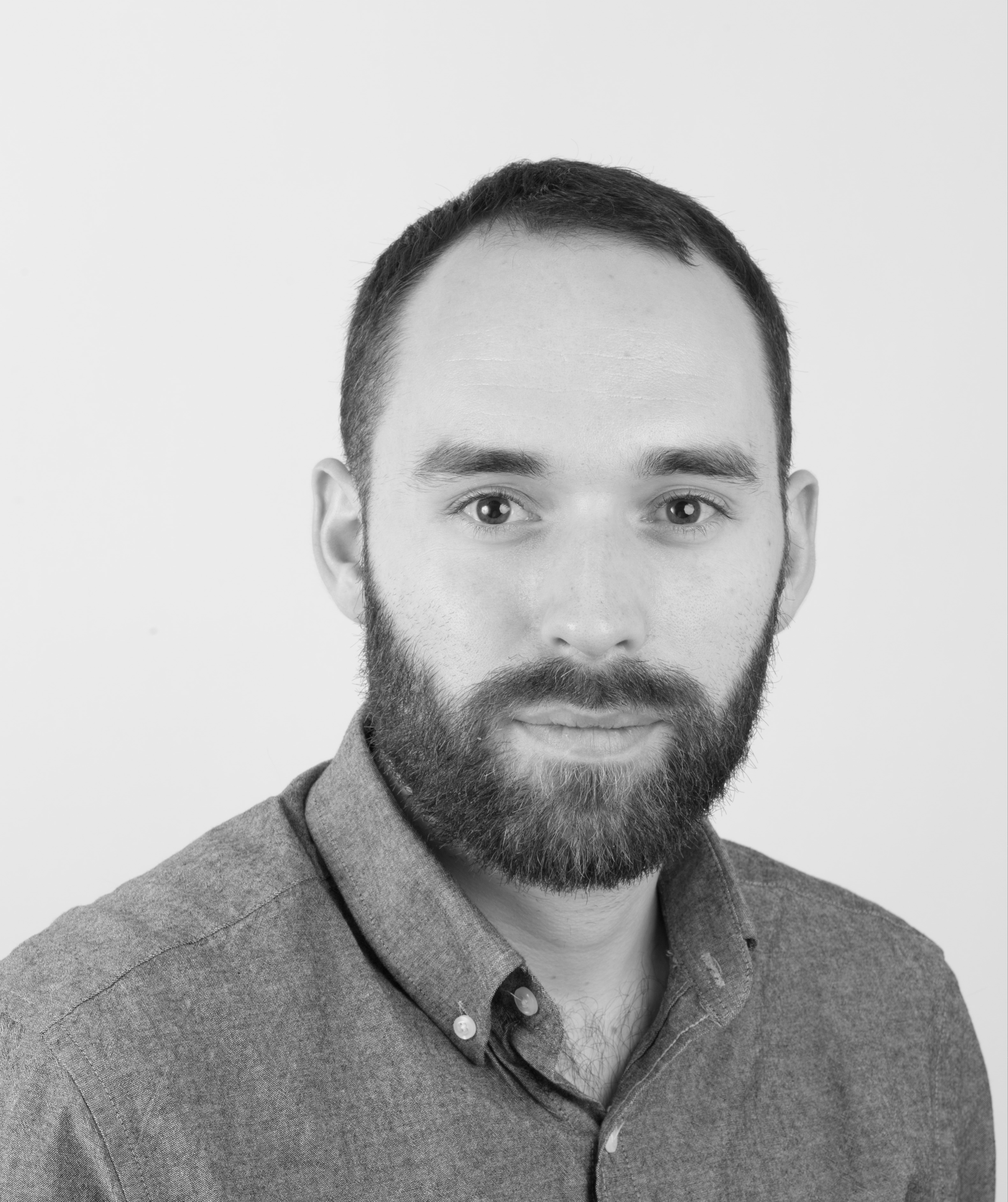
Steven Johnston
C4X Discovery
Dr Steven Johnston is a Senior Structural Analyst at C4X Discovery where ligand conformation is central to the drug design paradigm. Steven applies his expertise in experimental NMR spectroscopy and computational methods to the analysis and exploitation of small molecule conformation to drive discovery in the pharmaceutical programs at C4X Discovery. He previously achieved an MChem in chemistry from the University of Manchester, and a PhD at the University of Liverpool.
Programme
Tuesday 3 October
- 09:15
- Registration and refreshments
- 10:00
- A new wave of computational medicinal chemistry
Lewis Vidler, Eli Lilly - 10:35
- Cheminformatics in drug design
Edith Chan, University College London - 11:15
- Medicinal chemistry is a game of matched pairs
Al Dossetter, Medchemica - 11:45
- Artificial intelligence in drug discovery – Aspects of data and impact on model performance and model applicability
Andreas Bender, University of Cambridge, Pangea Botanica - 12:25
- Lunch and exhibition
- 13:10
- The importance of ligand conformation in drug discovery
Steven Johnston, C4X Discovery - 13:50
- Ligand based design in the alphafold age
David Clark, Charles River Laboratories - 14:30
- Refreshment break and exhibition
- 14:55
- Crystallography? What has crystallography ever done for us?
Jason Cole, Cambridge Crystallographic Data Centre - 15:35
- AlphaFold for GPCR drug discovery
Caroline Low, Isomorphic labs - 16:15
- Round table discussion with day 1 speakers
- 16:45
- Networking reception
Wednesday 4 October
- 09:30
- Structure based design - It's more than just docking!
Louise Birch, Sygnature - 10:10
- Molecular dynamics in drug design
Antonella Ciancetta, University of Ferrara - 10:50
- Refreshment break and exhibition
- 11:15
- When forcefields fail: Quantum mechanics in drug design
Graeme Robb, AstraZeneca - 11:45
- Demystifying alchemical free energy calculations
Antonia Mey, University of Edinburgh – FEP - 12:15
- Lunch and exhibition
- 13:00
- Automating Structure-Based Design: Integrating Fragment Hotspot Maps in Drug Discovery Pipelines at Scale
Francesca Vianello, Exscientia - 13:40
- Applying computational chemistry to antibody design
Mabel Wong, UCB - 14:20
- Refreshment break and exhibition
- 14:45
- Getting the most from your computational chemist
Stephen St Gallay, MSD - 15:15
- Round table discussion with day 2 speakers
- 15:45
- Close of event
SCI’s Young Chemists’ Panel are committed to promoting diversity and equality in the chemical sciences. We aim to identify high quality speakers for all our conferences with inclusivity of gender and ethnicity. Attendees from all backgrounds and ages are welcome.
Venue and Contact
SCI
14/15 Belgrave Square
London
SW1X 8PS
Conference Team
Tel: +44 (0)20 7598 1561
Email: conferences@soci.org
Fees
| Early bird - ends 4 September 2023 SCI Member - £125 Non-member - £200 Student Member - £65 |
| After early bird SCI Member - £205 Non-member - £280 Student Member - £75 |
All registrations will automatically receive a confirmation within 24 hours of registering for the event. Should you not receive written confirmation of your booking, please email conferences@soci.org.
Become an SCI Member and save on this and future events
See Membership OptionsSign up as an Event Member to join this event. SCI Full or Student Members receive discounts on event registrations
Booking Process/Deadlines
CPD Info
All delegates attending this meeting are able to claim CPD points.
Exhibitors
Sponsors
Organising Committee
- Silvia Bonomo, AstraZeneca
- Sam Dalton, MSD
- Timothy Gorman, Evotec
- Lily Hunnisett, CCDC
- Adam Smalley, UCB
- Luke Thompson, Vernalis
- Siying Zhong, Vernalis






